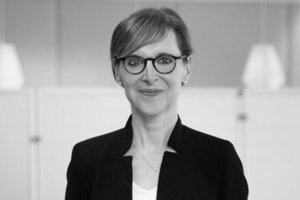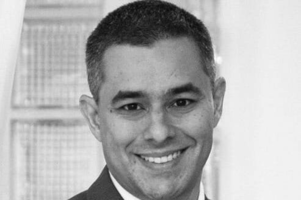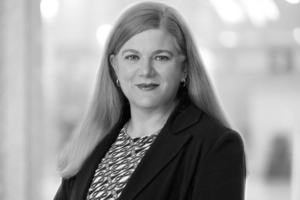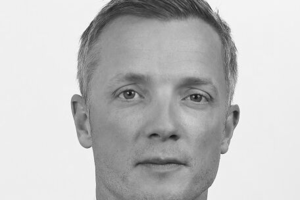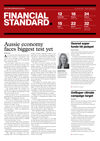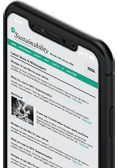'Surreal', 'difficult' times for sustainable investors: RIAABY KARREN VERGARA | THURSDAY, 29 MAY 2025 3:40PMA leading voice for sustainable investing in the US admits the anti-ESG movement has been "difficult" and "surreal" as investors fear being overly scrutinised, the Responsible Investment Association Australasia (RIAA) Conference heard. There are, however, some bright spots. How Trump 2.0 is upending the sustainable investing sector was a hot topic at the RIAA Conference. Speaking from ground zero in Washington, DC, Maria Lettini, chief executive of the US Sustainable Investment Forum (US SIF), admitted it is "difficult for us to keep up" with the Trump administration's anti-ESG movement and it feels "extremely surreal." US SIF advocates for the advancement of sustainable investing in the US, comprising members that include investment managers, advisory firms, mutual fund companies, data and research firms, financial advisers and non-profits. Joining a panel at the International Convention Centre in Sydney, Lettini said: "We're in a very exceptional moment that none of us would have expected us to be in, and one [that] every single day baffles me and my team and colleague." Among the many anti-ESG steps Trump took as soon as he took power was to withdraw the US from the Paris Agreement under the United Nations Framework Convention on Climate Change. He also revoked the Biden administration's US International Climate Finance Plan and rejected the UN Sustainable Development Goals (SDGs) and Agenda 2030, which aim to end poverty and tackle climate change. At a more granular level, Lettini pointed out changes that include shareholder rights curtailment, limiting of proxy filings, and the cooling effect around collaborative engagements. The SEC also issued a staff bulletin making it easier for public companies to exclude shareholder proposals on company proxy statements, she said, explaining they may make it much easier to issue no actions. "We are trying where we can, with our partner groups, to ensure that we're trying to keep the ball moving forward, we're issuing very plain vanilla reports [for example] on what shareholder proposals are and why they are extremely important to the financial system," Lettini said. There is also a "real, unfortunate" threat to clean and renewable energy. "If the current budget passes as it stands, we're going to see almost 300 solar and storage factories at risk. It could result in a US$51 billion increase in consumer electricity costs due to infrastructure setbacks - and tens of thousands of jobs at risk," she said. On the positive side, Lettini is hopeful about the various state climate disclosure bills currently in discussion. "Companies that will fall under the California climate disclosure bill will have to start reporting in the upcoming calendar year. [But] nothing is off the table with the federal government and trying to stop this from moving forward, because we certainly can't anticipate everything. But that is probably one of the bright spots," she notes. Among members, Lettini observes many investors taking a defensive approach in a bid to avoid being over scrutinised. "They're changing the way how they're talking about their work...It's been a huge challenge, especially if they're working across markets, and if they have a really authentic approach - it's frustrating for them," Lettini said. This has led to tailoring their approach in terms of communication, such as removing the ESG acronyms and scrubbing their websites and customising their approach to markets and individual clients. As the US SIF prepares for its annual conference in June, Lettini said it had "an overwhelming response to people wanting to speak, to tell the audience what they're doing and why they're still staying the course." Every day, the organisation is fielding calls from companies and individuals asking to speak at the event - which she said is a positive. "I think we just need to stay the course how we can and listen to our clients, who are still interested in these issues and still care if, now more than ever, what happens to our planet and our society and our pensions and our children's [future]," Lettini said. Related News |

A Housing Australia executive moves to BlackRock, while Aware Super welcomes a climate reporting and sustainability manager and Taylor Fry sees the return of a veteran actuary.
A leading voice for sustainable investing in the US admits the anti-ESG movement has been "difficult" and "surreal" as investors fear being overly scrutinised, the Responsible Investment Association Australasia (RIAA) Conference heard. There are, however, some bright spots.
A raft of industry groups have called on the government to urgently deliver its reforms to the Environment Protection and Biodiversity Conservation (EPBC) Act, which they say is "failing on all fronts."
The windchill of politics on diversity, equity and inclusion (DEI) programs fronts a deadly counterpoint - young professionals entering the workforce with zero tolerance for inappropriate workplace behaviour.





